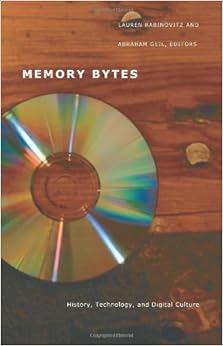Media-N, Journal of the New Media Caucus, is pleased to announce a Call for Papers for fall 2014 edition.
The editors for the fall 2014 issue of Media-N seek proposals that address telecommunication infrastructures as informational processes in order to reveal the values embedded in common protocols, formats or applications. For example, how have artists or designers highlighted the labor practices necessary to operating or maintaining telecommunication systems? What have they revealed or critiqued about the software formats or protocols often considered vital to secure transmission? Who has offered challenges to the dominant modes of representation employed in networked communication? Essays might focus on cultural or aesthetic processes that critique existing ways of using our physical infrastructures of communication, or look to propose new ones.
TIMELINE for Submission for edition two of “Art and Infrastructure: Information”
June 15, 2014: Deadline for submission of abstracts/proposals.
July 15, 2014: Notification of acceptance.
September 15, 2014: Deadline for submission of final papers.
See full details here




